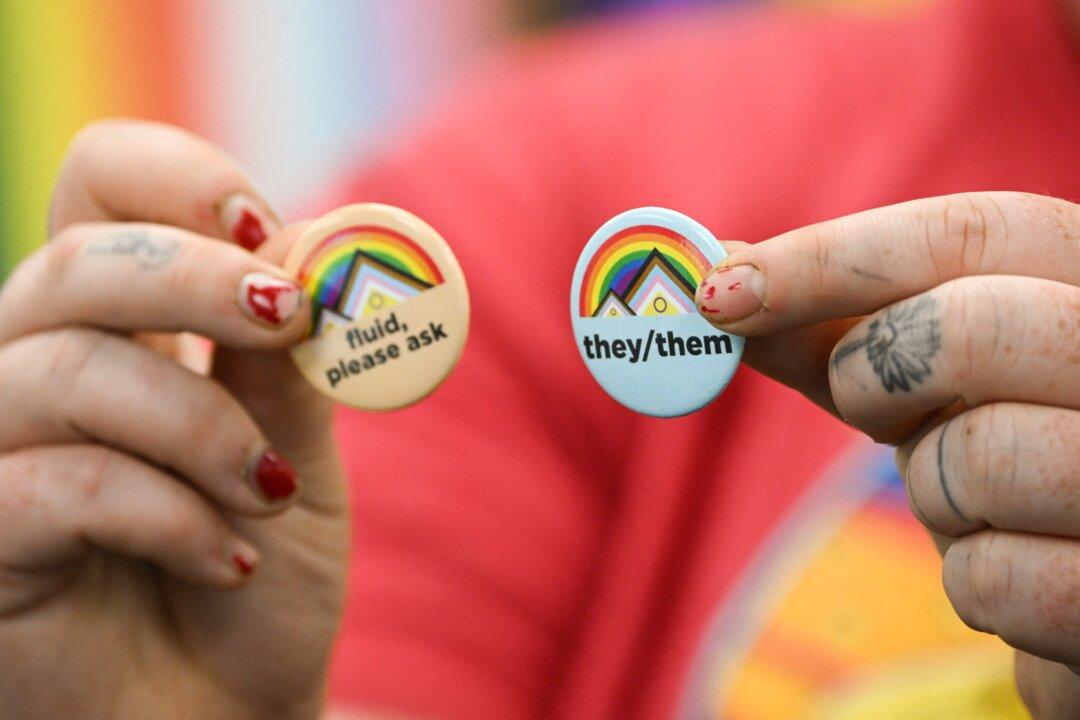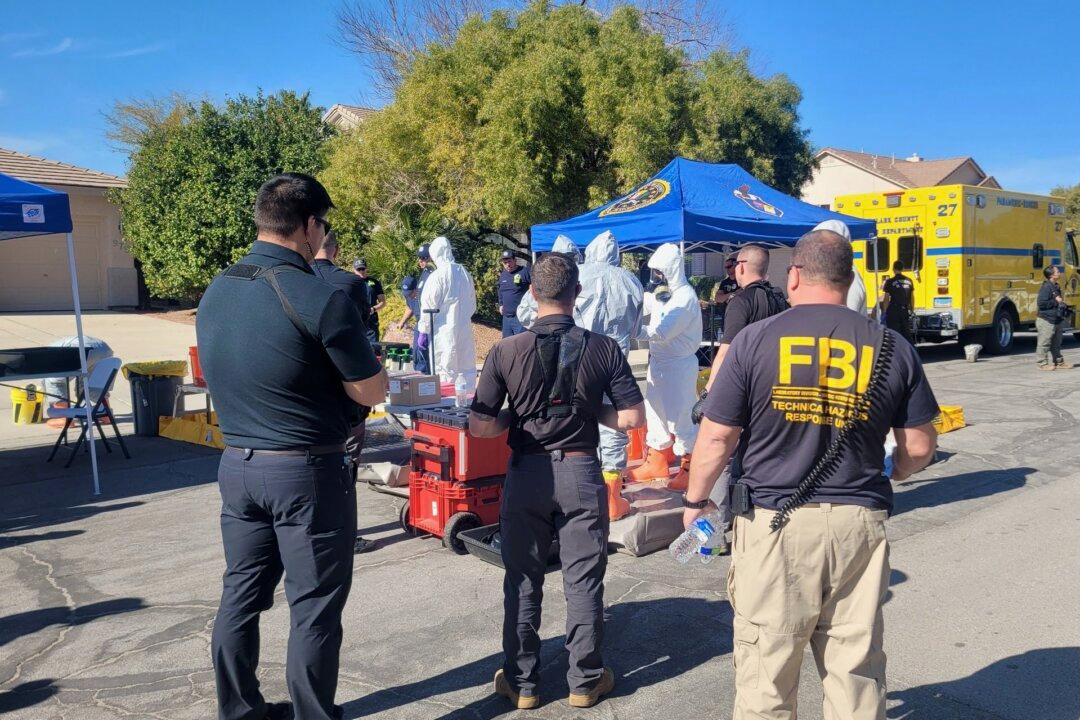“Why would you ever take a healthy body and make a lifelong medical patient out of it?”
This is the question Amy found herself posing to her teenage daughter, to the medical and scientific communities, and to society as a whole. For a mother who was unable to prevent her daughter’s gender transition, it was more than a question: it was a cry of distress.





